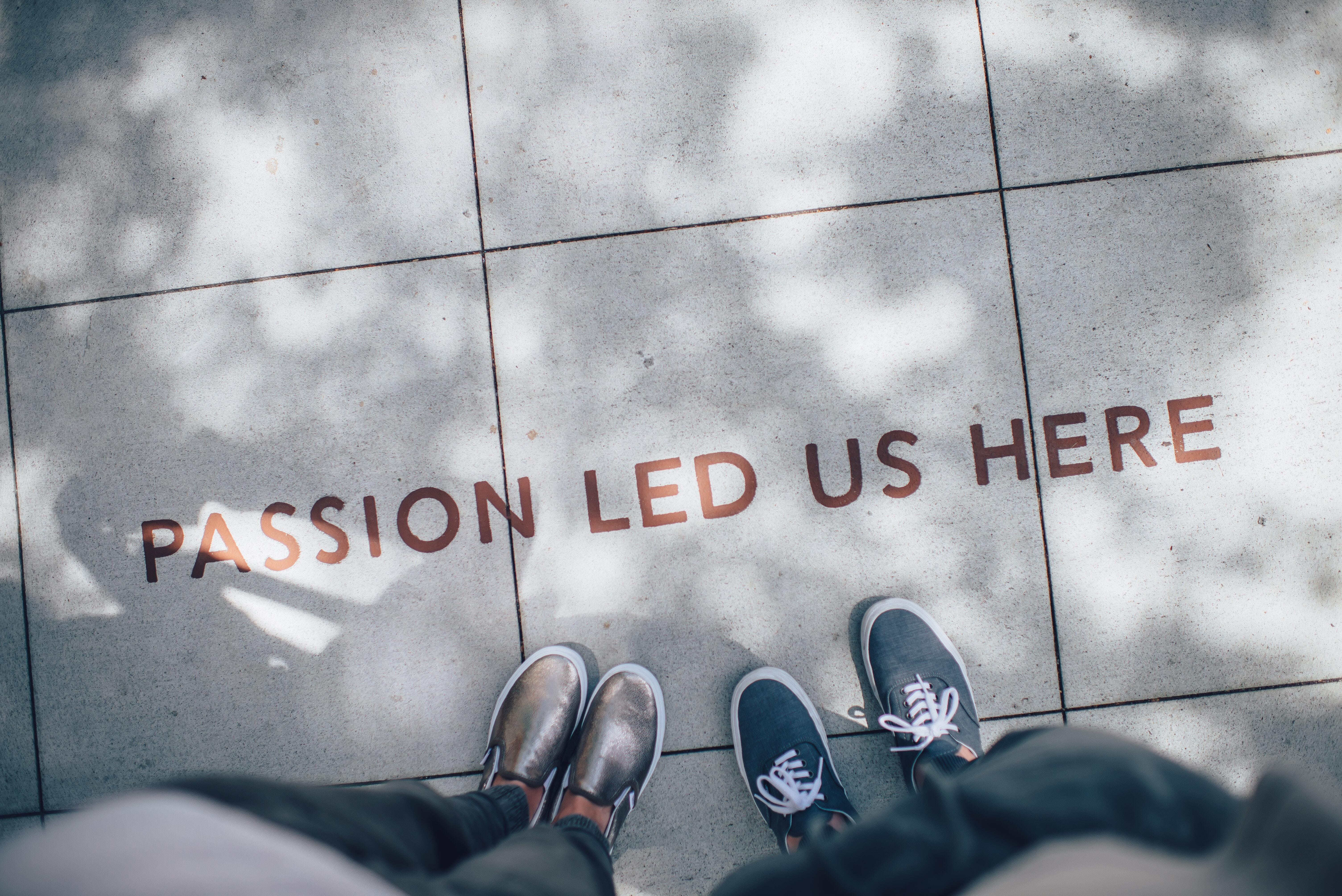August 2022 Newsletter
Sarasota Addiction Specialists continues to expand our treatment programs available to the Sarasota Community! We currently offer Substance Abuse Intensive Out-Patient Treatment to Adolescents & Adults. Our Programs are in-network with Blue Cross and Blue Shield and Cigna. We are currently working on becomng in et-work with Aetna and United Healthcare. Our programs meet the demands for individuals with a fixed work and school schedule, providing treatment after standard work and school hours. We also provide financial assistance to individuals and families in need. Upon discharge from IOP we transition individuals to out-patient treatment through SAS or other programs in the community that meet the needs of the clients we serve.

Sarasota Addiction Specialists saw a need in Sarasota when we opened our doors for IOP. Shortly after, we opened MindSol Wellness Center. MindSol provides individualized private psychotherapy for children, teens, young adults, adults, couples and families. MindSol therapists are trained to provide intensive psychodynamic psychotherapy with an emphasis on depth psychology, object relations and attachment theories. Therapists are experienced in providing treatment for individuals suffering from Family of Origin Issues, Body Image, Eating Disorders, Addictive Disorders, Process Addictions, Attachment Issues, Depression, Trauma, PTSD, Anxiety, Phase of Life and Grief & Loss issues. Our therapists are provided intensive individual and group supervision as well as in-house education and training. We believe that meeting the needs of our therapists, providing the support necessary for their personal and professional growth enhances their work with their clients. You can visit our website at www.mindsolsarasota.com
We thank everyone for your continued to support. Without you we not be where we are today. Below is a message on Shame.
What is shame?
Shame is a powerful emotion that can eat away at our health and happiness. It can also present a hurdle to those seeking professional help. Shame is also one of the core emotional experiences expressed by those plagued by addictive disorders.
First, it will be helpful to discuss what shame is and is not. Shame can be distinguished from guilt because guilt involves negative feelings about what we have done, whereas shame means we feel bad about who we are; internalization. A guilty person thinks “What I did was wrong.” A shameful person thinks “I am wrong.” This can also sound like, “I am not deserving of love,” “People shouldn’t waste their time on me,” or “I’m just a loser, and that will never change.” How often have you heard someone say this or even have said these things to yourself?
We can often think about negative emotions by imagining them as once-healthy thoughts and behaviors that have blown out of proportion and gotten out of control. Fear and anger provide a rush of adrenaline that would have been useful to an ancestor staring down a predatory animal and deciding whether to fight or flee. Everyone needs to be able to afford food, shelter, and other essentials, but if we take things too far we can become greedy or stingy.
Likewise, guilt can help us correct our bad behavior. When we are rude to a friend, our guilt may kick in and give us the nudge to apologize and correct our actions in the future. This is normal, healthy, and responsible. It is an impulse we try to instill in children.

This productive reaction can turn sour, though. Some people obsess over their past mistakes. Continuously focusing on the same thoughts, consciously and unconsciously, is sometimes called rumination. Ruminating on things that make us feel guilty is a common sign of depression, though plenty of people without a mental health diagnosis obsess over their mistakes as well. This obsession, over time, quickly turns into shame which is the primer for the development of addictive disorders.
In the example we gave about being rude to a friend, guilt helped us make amends and do better next time. When we obsess about the things we have done wrong, we are unable to leave those mistakes in the past. Instead, we carry them with us, and they can keep bringing us down over and over again. Eventually, our thinking may shift. Some people go from believing “what I did was wrong,” to “I am wrong.” We can feel guilty about making a mistake, but people are not mistakes. Feeling as though we are inherently bad, worthless, or undeserving of happiness are all manifestations of shame. The person who feels ashamed no longer feels like specific actions were wrong, but that they themselves are a problem or a burden to others. When they do feel moments of happiness, people struggling with shame may feel even worse after if they believe they don’t have the right to experience pleasure, or that they need to punish themselves afterward. Sometimes, people feel this way even if they have not behaved badly. This is often the case with people who were abused, especially as children. What is known as survivor’s guilt can often involve shame as well when the person who lived feels like he does not deserve to be healthy and happy. If shame is impeding your ability to enjoy life, or if you suspect someone you love has poor self-esteem due to shame, it can be helpful to talk to someone. A trained mental health professional can help clients uncover their sources of shame and rebuild their sense of self-worth.
Thank you!
Dr. Kimberly Benson & Sarasota Addiction Specialists






